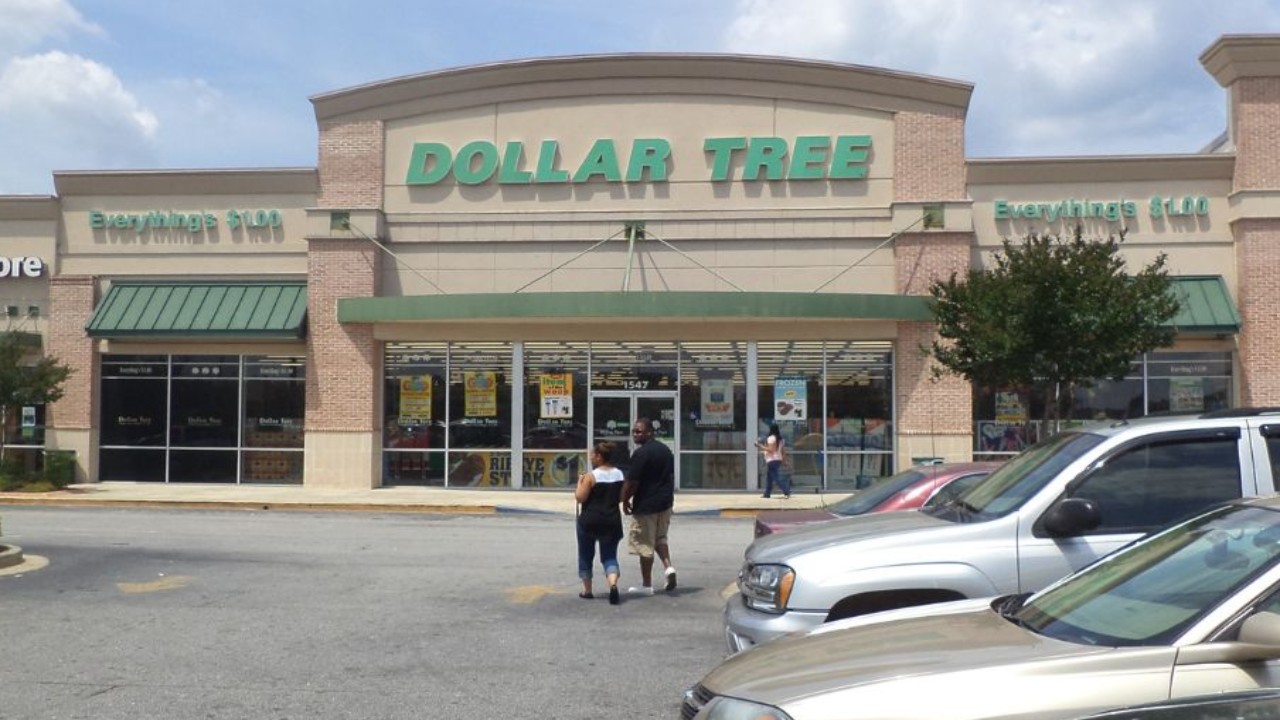Numerous 99 Cents Only stores that were recently closed in the Southland may reopen under the exterior logo of another inexpensive shop, Dollar Tree. The company, based in Chesapeake, Virginia, stated on Wednesday that it had taken over the leases at 170 recently closed 99 Cents Only sites. The 99 Cents Only chain, which has its headquarters in Commerce, declared last month that it was closing all 371 of its locations throughout four states.
Dollar Tree to Reopen Almost Half of 99 Cents Only Stores
Almost half of the closed 99 Cents stores, will be reopened as a result of Dollar Tree’s acquisition. In addition to acquiring some of the furniture and equipment from 99 Cents Only’s retail spaces, Dollar Tree management announced that the sale was authorized by a Delaware bankruptcy court.
According to a LinkedIn post by Bill Read, executive vice president of the real estate company Retail Specialists, the majority of the stores involved in the development—which was first reported by the Orange County Register—are in Southern California, including Lancaster, North Hollywood, Burbank, Long Beach, and Riverside. A small number of stores are also involved in Arizona, Nevada, and Texas.
How does the acquisition help Dollar Tree?
In a statement issued on Wednesday, Dollar Tree described the acquisition as an attractive opportunity with strong profitable growth potential as it works to expand its business throughout the western United States. Family Dollar, which is primarily located in cities, is owned by Dollar Tree.
According to the Los Angeles Times, locations were closed as a result of the company’s recent underperformance relative to Dollar Tree and other bargain chains. The acquisition of 99 cents Only to lease rather than build new stores allows Dollar Tree to develop more affordably and expand its presence on the West Coast.
About 99 Cents Only
An iconic part of Los Angeles’s inexpensive retail scene for many years, the 99 Cents Only brand began as a single location on La Tijera Boulevard in 1982 and quickly grew. The network had 371 sites prior to the City of Commerce company’s unexpected announcement of its closure in April, which it attributed to a number of causes including inflation and changing consumer needs.
ALSO READ: Microsoft Announces Call Of Duty: Black Ops 6 To Be Available On Xbox From Game Pass

